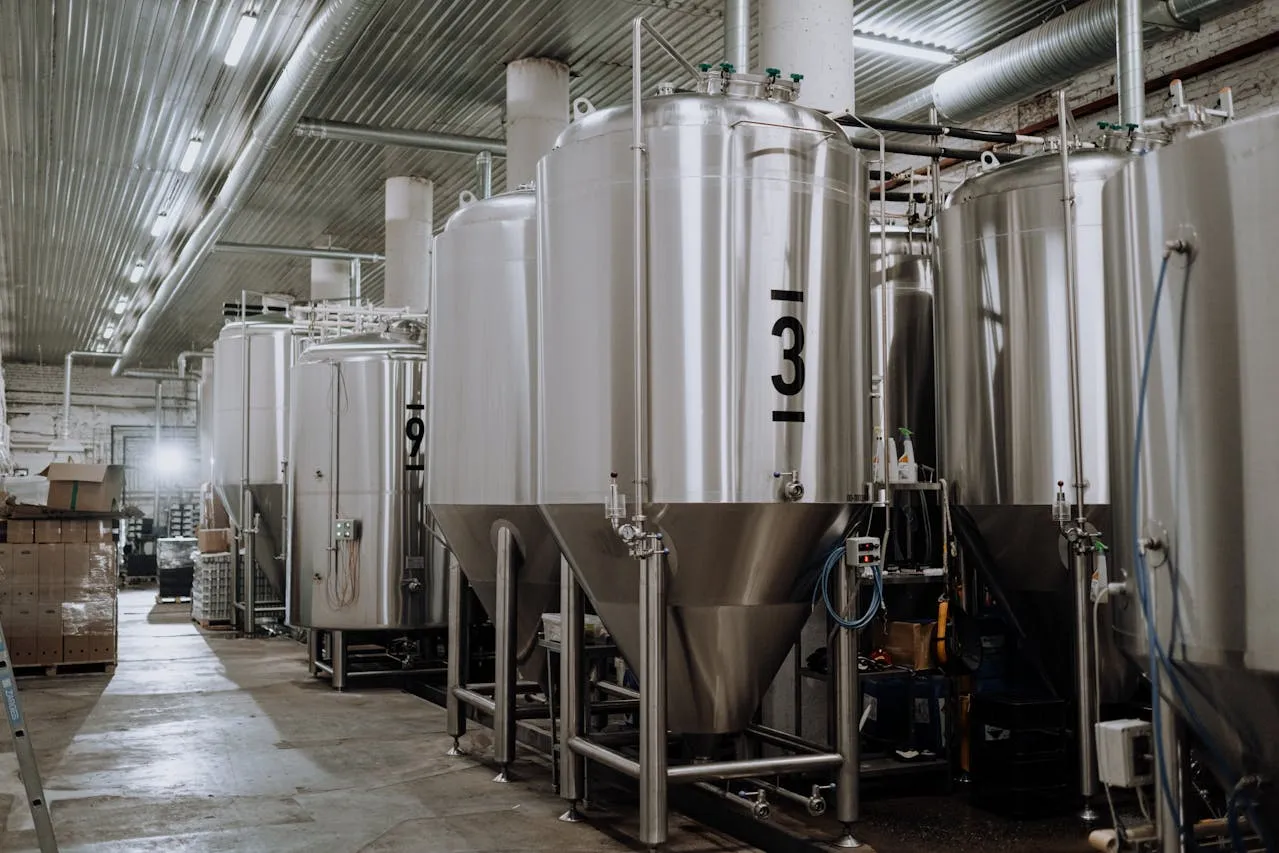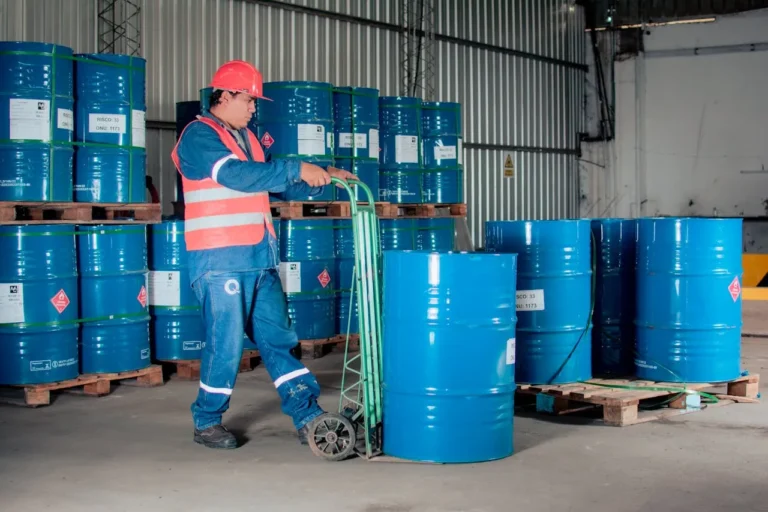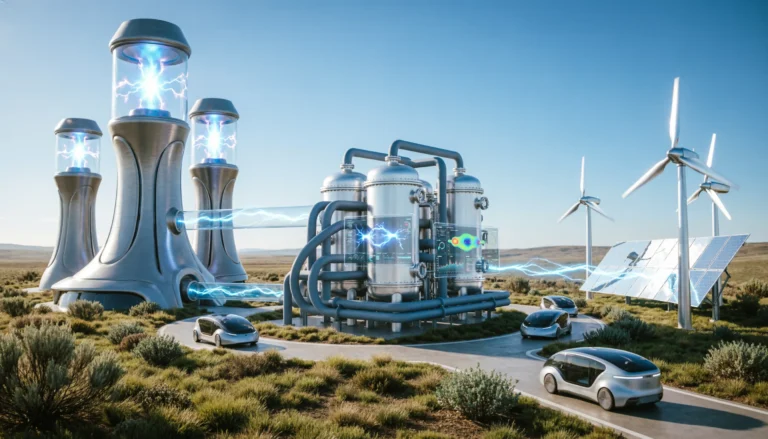
Aramco and Yokogawa Achieve Breakthrough with Autonomous AI Control at Fadhili Gas Plant
Yokogawa Electric Corporation (TOKYO: 6841), a global leader in industrial automation and process control solutions, has announced a major achievement in collaboration with Aramco, one of the world’s largest integrated energy and chemical companies. The two companies have successfully deployed multiple autonomous control artificial intelligence (AI) agents at Aramco’s Fadhili Gas Plant in the Kingdom of Saudi Arabia—marking a historic milestone in the application of AI in large-scale industrial operations.
This groundbreaking initiative demonstrates how AI can directly and autonomously manage complex plant operations to improve efficiency, safety, and sustainability in the energy sector. It represents one of the world’s first full-scale industrial applications of autonomous AI control in a live gas processing facility.
Revolutionizing Process Control with AI
At the heart of this achievement lies Yokogawa’s advanced AI solution, which employs multiple coordinated AI agents based on the Factorial Kernel Dynamic Policy Programming (FKDPP) algorithm—a reinforcement learning-based control technology jointly developed by Yokogawa and the Nara Institute of Science and Technology (NAIST).
Unlike traditional automation systems that rely on fixed control logic or human oversight, these autonomous AI agents can learn optimal control strategies through simulation and real-world feedback. This allows them to make precise, real-time adjustments to complex processes such as acid gas removal (AGR), one of the most critical and energy-intensive operations in natural gas processing.
By autonomously optimizing parameters like amine circulation rates, steam consumption, and temperature control, the AI system improves process stability, reduces energy use, and minimizes human intervention—all while maintaining strict operational safety and compliance standards.
Phased Implementation and Robust Validation
The deployment at the Fadhili Gas Plant was conducted in three carefully designed phases, ensuring safe integration and continuous validation at each step.
- Simulation and AI Training:
Yokogawa first created a high-fidelity digital simulator of the plant’s AGR unit. This virtual environment replicated real operational conditions, enabling the AI agents to train safely and effectively. Through reinforcement learning, the AI system explored countless control patterns, identifying the most efficient strategies for optimizing gas treatment performance. - Performance Evaluation:
Once trained, the AI agents underwent rigorous evaluation to verify their reliability, accuracy, and robustness. Engineers analyzed how the system performed under varying operating conditions and stress scenarios, ensuring it could respond effectively even to unfamiliar or unforeseen situations. - Integration and Live Operation:
After demonstrating consistent and safe performance in simulation, the AI solution was integrated with Yokogawa’s CENTUM VP integrated production control system, which is widely used in industrial facilities worldwide. This integration allowed the AI agents to operate within a proven safety framework, ensuring that all autonomous control actions were governed by established safety layers and human oversight protocols.
Through this phased approach, Yokogawa and Aramco ensured a smooth transition from traditional automation to true industrial autonomy—a step change in process control technology.
Impressive Early Results
Although still under detailed evaluation, the initial results from the Fadhili Gas Plant have been extremely promising. According to Yokogawa, the autonomous AI control system has already delivered measurable performance improvements, including:
- 10% to 15% reduction in amine and steam consumption
- Around 5% decrease in power usage
- Enhanced process stability across varying ambient conditions
- Significant reduction in manual operator intervention
These achievements underscore the tangible benefits of applying AI-driven autonomy in industrial operations. By continuously learning and adapting to fluctuating process conditions, the AI agents can maintain optimal performance around the clock—something that even the most experienced human operators find challenging over extended periods.
The reduction in resource usage also translates to lower operating costs and carbon emissions, aligning with Aramco’s and Yokogawa’s broader commitments to energy efficiency and environmental sustainability.
A Shared Vision for Industrial Innovation
Senior executives from both companies highlighted the strategic significance of this collaboration and its implications for the future of industrial operations.
Khalid Y. Al Qahtani, Senior Vice President of Aramco Engineering Services, emphasized how this initiative supports Aramco’s broader digital transformation strategy:
Aramco has embarked on an ambitious plan to unlock value by deploying a wide range of industrial AI applications across our operations. The collaboration with Yokogawa is one of many initiatives that focus on improving efficiency, enhancing sustainability, and generating more value for our shareholders. It reflects how the company is harnessing advanced technology, including AI, to elevate its performance and reinforce its position as a technology leader in the energy sector. We look forward to building on this important milestone, as we explore further adoption of cutting-edge solutions that will contribute to a new era of industrial innovation.
Kunimasa Shigeno, Director, President, and CEO of Yokogawa Electric, echoed this sentiment, expressing pride in the success of the project and confidence in the potential of autonomous operations:
We are honored that Yokogawa was entrusted by Aramco to implement such groundbreaking technology in one of its major facilities. We are very pleased that the results have already exceeded expectations. Yokogawa is advocating the transition from industrial automation to industrial autonomy (IA2IA), and this deployment proves that we are ready to lead the way towards safe and secure autonomous operations for plants in the energy sector.
Towards a New Era of Industrial Autonomy
Yokogawa defines autonomous control AI as an advanced form of artificial intelligence capable of deducing optimal control methods independently. It is designed with a high degree of robustness, enabling it to handle novel or unexpected situations without direct human intervention. This capability represents a significant leap beyond conventional AI applications, which are typically limited to pattern recognition, prediction, or advisory roles.
The FKDPP algorithm, which powers these AI agents, has been recognized for its technical excellence and innovation. In 2023, it received the Prime Minister’s Prize at the Japan Industrial Technology Awards (Nihon Sangyo Gijyutsu Taisho)—a testament to its pioneering contribution to industrial AI research and development.
As Yokogawa continues to champion its “Industrial Automation to Industrial Autonomy (IA2IA)” vision, this successful deployment with Aramco marks a pivotal step forward. It demonstrates not only the feasibility of AI-driven autonomous control in critical industrial environments but also the vast potential of this technology to redefine efficiency, safety, and sustainability standards across the global process industries.
Source Link:https://www.businesswire.com/







